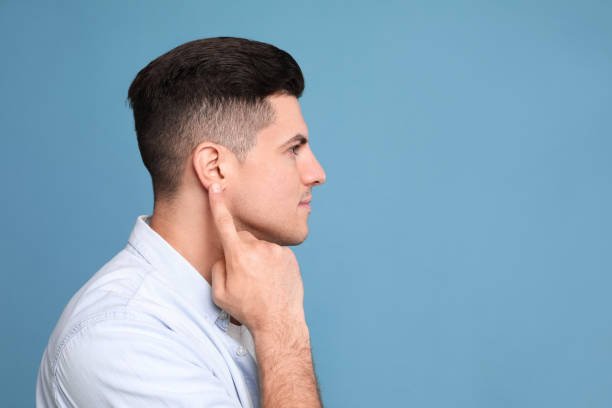
Most of us know the importance of caring for our health, but we often forget to care for our ears. To find out why it’s so important to care for our ears and how to do it, keep reading below:
The Importance of Caring for Your Ears
According to the hearing care experts at www.phonak.com, caring for your ears is extremely important. Not only does it help to prevent hearing loss in the future, but it can also help improve balance and reduce your risk of getting certain health conditions such as dementia and depression.
How to Care for Your Ears
An estimated 15% of Americans have hearing loss, although not all are aware they have it. Hearing loss can have a significant impact on your life. Thankfully, caring for your ears properly can help reduce your chances of suffering from this condition. Here are some simple things you can do to reduce your risk of hearing loss later in life:
- Wear ear plugs around loud noises – loud noises, such as those emitted by power tools, aircraft, firearms, and concerts, can all damage your ears and lead to hearing loss. This is particularly true if you’re exposed to these noises often. Thankfully, you can do some simple things to protect your ears from loud noises. Wearing earplugs in environments that expose you to loud sounds can help reduce your chances of hearing loss.
- Lower the volume – Another simple way to protect your ears and prevent hearing loss is to reduce the volume. Listening to loud music can cause hearing damage, especially when using earbuds close to your eardrum. However, this doesn’t mean you should stop using earbuds altogether. Lowering the volume is enough to protect your ears from hearing loss.
- Get rid of the cotton swabs – most Americans know that cotton swabs shouldn’t be used to clean their ears, but this doesn’t stop them from using them. Unfortunately, although cotton swabs can help remove unwanted wax from the ear canal, they can also cause damage to the eardrum. So, get rid of your cotton swabs and find an alternative way to remove the wax.
- Take a break – attending clubs or music festivals can be great fun, but it can also damage your hearing. To try and protect your hearing, take regular breaks to give your ears a rest. Step outside or separate yourself from the noise, even if it’s just for a few minutes.
- Don’t get your ears wet – bathing and swimming can result in water entering your ear canal. While this might not sound like a big deal, it can be. Water can contain harmful bacteria, which can lead to infections of the ear. Hearing damage can occur if these infections aren’t treated quickly and adequately.
- Stay active – Exercising regularly promotes good circulation. This helps your ears remain in optimal health.
- Reduce stress – stress increases the hormones adrenaline and cortisol. These hormones can affect your hearing.
- Understand the warning signs of hearing damage – if you have ringing in your ears, you’re struggling to hear others talking, or you’re struggling to balance, there’s a good chance you have hearing loss.
- Regularly visit a hearing specialist – the final tip we can give you is to visit a hearing specialist regularly. A good hearing specialist will not only tell you whether you are suffering from hearing loss, but they will also be able to help you find a solution to overcome it. Unfortunately, many people find it challenging to find a good hearing specialist. You can find a hearing specialist near you by visiting phonak.com/en-us/find-a-provider.
Treatments for hearing loss
As mentioned above, a hearing specialist can help advise you on the best treatments for hearing loss. There are several options available to you, including:
- Ear wax removal – If your ears are affected by an earwax blockage, a hearing professional can help you resolve this. They can do this in several ways, such as with liquid solutions or suction tools.
- Treating the underlying health issue – some medications can cause temporary hearing loss. If this is the case for you, you may be advised to swap medications.
- Hearing aids – If your hearing loss is caused by damage to the inner ear, you may be advised to have a hearing aid. A hearing aid amplifies the sounds around you to make them easier to hear.
- Cochlear implants – If you are diagnosed with severe hearing loss, and hearing aids aren’t doing the trick, you might be advised to have a cochlea implant fitted. These devices work by stimulating the auditory nerves in your ear.
- Surgery – This is recommended for people whose hearing loss is caused by abnormalities in the ear bones or eardrum. In most cases, surgery can help repair these abnormalities to make hearing easier.
As you can see from the article above, caring for your ears is extremely important. Thankfully, it isn’t tricky to do. Follow the tips above to reduce your chances of developing hearing loss in the future.



